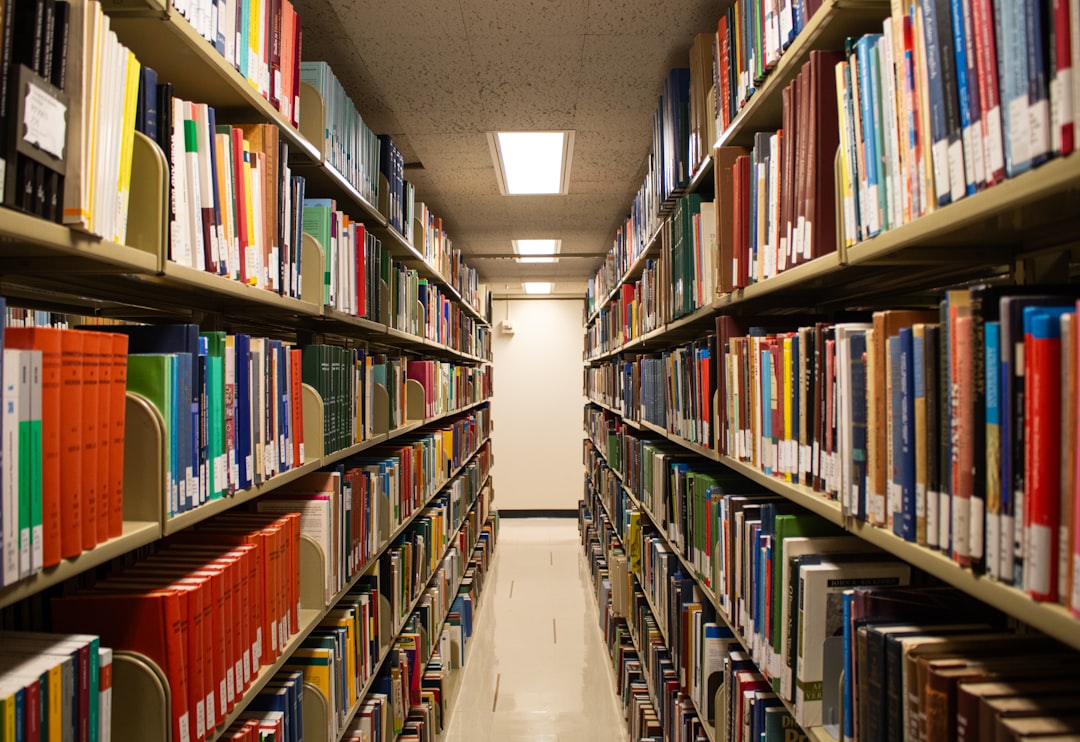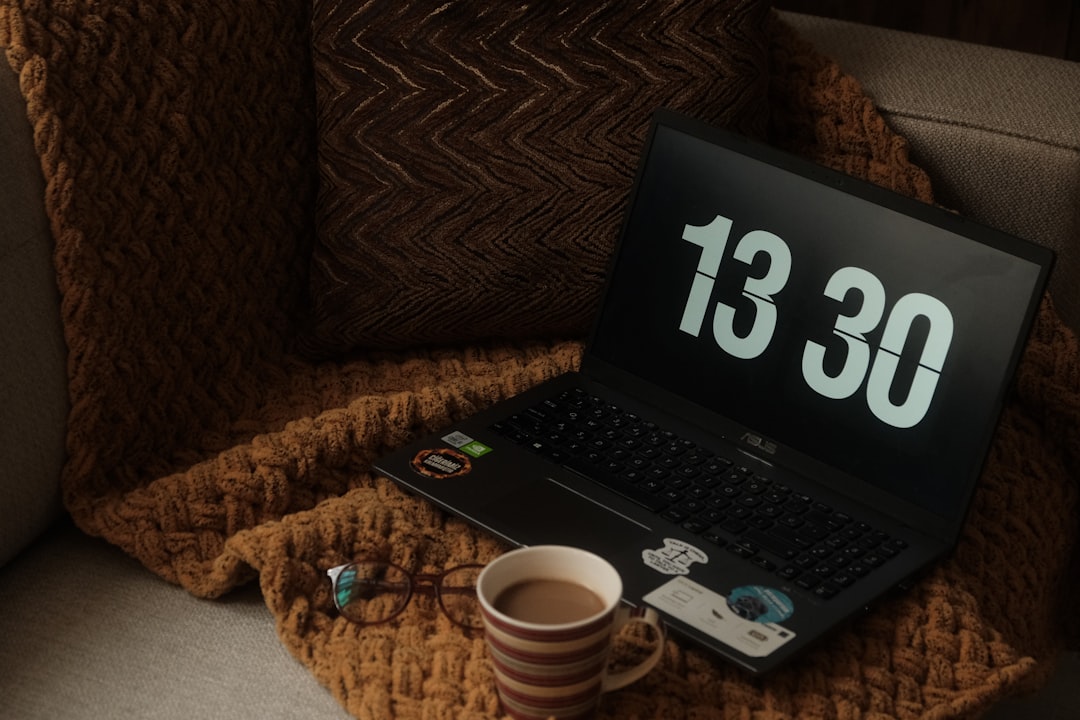In a world where knowledge is just a click away, finding and downloading PDF books online has become more popular than ever. Whether you’re a student looking for a textbook, a professional brushing up on skills, or simply a literature enthusiast, accessing digital books can expand your horizons. But with the growing availability of free books online comes a maze of legal and security concerns. Fret not—there are safe and legal ways to download PDF books without any hassle.
Contents of Post
Where to Start: Understanding Copyright and Legality
Before diving into how to find PDF books, it’s important to understand what’s legal and what crosses the line. Not every book available online is there with the author or publisher’s consent. Sharing or downloading copyrighted material without permission is illegal and can expose you to risks. The good news? A massive number of books are legitimately available in the public domain or are distributed for free by rights holders.
Reliable Sources for Legal PDF Book Downloads
There are several trusted platforms where users can search for and download books without violating any copyrights. These websites offer vast collections ranging from classic literature to modern open-access publications.
- Project Gutenberg: One of the oldest and most respected resources. Offers over 60,000 free books that are in the public domain.
- Internet Archive: Home to millions of books, movies, and historical documents. Many out-of-print and academic books are archived here.
- Google Books: A giant digital library. While not all books are fully downloadable, many classics and out-of-copyright works are available in PDF format.
- Open Library: An initiative of the Internet Archive, offering over a million scanned versions of books. Some are available to borrow like a real library.
- PDF Drive: A search engine that indexes free PDF books across various categories. Always double-check the legality of files here before downloading.

Using Open Educational Resources (OER)
Open Educational Resources are freely accessible, openly licensed materials that are useful for teaching, learning, and research. Many universities and institutions contribute course materials and textbooks online, which can be downloaded legally.
Websites like OER Commons and MIT’s OpenCourseWare are great places to start.
Tips for Safe Downloading
Just because a PDF file is available online doesn’t mean it’s safe. Some files can be disguised malware or phishing traps. Use these safety tips to keep your devices and data protected:
- Use Trusted Sites: Stick to reputable websites that are known for legal content and good cybersecurity standards.
- Check the File Before Opening: Use antivirus software to scan downloaded files automatically.
- Read User Reviews: Sites like Internet Archive and PDF Drive allow users to comment; check reviews before downloading.
- Beware of Ads: Avoid clicking on banner ads or misleading download buttons. They often lead to malicious downloads.
How to Search More Effectively
Knowing where to go is half the battle; the other half is finding the right book quickly. Use specific search tactics to narrow down results:
- Use Boolean Search: Combine keywords using operators like AND, OR, and NOT to refine search results.
- Include “filetype:pdf”: Typing this into your search engine can limit your results to PDF formats.
- Search by Author or ISBN: These are unique identifiers that can bring up exactly what you’re looking for.
- Use Quotation Marks: Searching for a book title in quotation marks yields more accurate results.
Digital Libraries and University Archives
Numerous universities provide open access to their databases, especially for older works. Institutions like Harvard, Oxford, and Stanford often maintain extensive public archives. Moreover, many academic databases such as JSTOR or SpringerLink provide free content under special access programs.
Be sure to look out for repositories like:
- Directory of Open Access Books (DOAB)
- PubMed Central (for medical and scientific literature)
- CORE: A global aggregator of open-access research outputs

Alternatives to Direct Downloads
If a book isn’t available for direct download, consider these legal alternatives:
- Borrow from an Online Library: Platforms like Open Library operate like a traditional library, where users can borrow books for a limited period.
- Use E-Readers: Kindle and Kobo sometimes offer free or low-cost digital books for users, especially in promotional periods.
- Publisher’s Website: Check whether the publisher or the author’s website offers free PDFs. Many independent publishers and authors provide digital versions to promote their work.
Stay Updated with Book Communities and Forums
Online communities can be an invaluable source of up-to-date book recommendations and legitimate PDF links. Forums like Reddit’s r/FreeEBOOKS or Goodreads communities often discuss and share open-source or author-approved downloads. Make sure to verify the origin of any link shared in such forums before clicking.
Final Thoughts
Finding and downloading PDF books online can be a seamless and enriching experience if approached wisely. By using trusted sources, understanding copyright laws, and applying cautious web practices, readers can build a safe and legal digital library with ease. The wealth of free and legal content available online makes it easy to continue learning, reading, and exploring subjects of interest — all without breaking the law.
Frequently Asked Questions (FAQ)
-
Q: Are all PDF books available online legal to download?
A: No, not all PDFs found online are legal. Always verify if a book is in the public domain or officially released for free by the author or publisher. -
Q: Is it safe to use websites like PDF Drive?
A: Mostly yes, but proceed with caution. Always scan downloads with antivirus software and verify the content source. -
Q: Can I convert EPUB or other formats to PDF?
A: Yes, tools like Calibre or online converters can convert eBook formats to PDF legally if you have the rights to the file. -
Q: What should I do if I accidentally download a copyrighted book?
A: You should delete the file immediately and avoid distributing it. Make a habit of checking the source before you download in the future. -
Q: Are there mobile apps to download legal PDF books?
A: Yes, apps like Libby, Aldiko, and FBReader offer access to free legal eBooks and support PDF formats.

